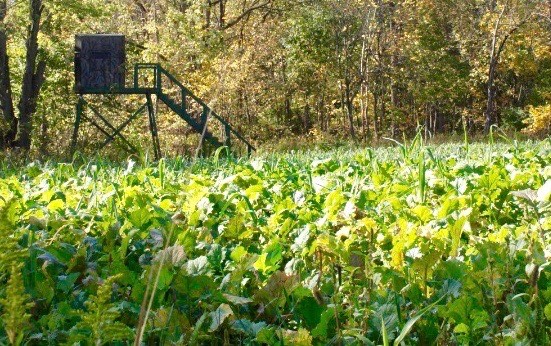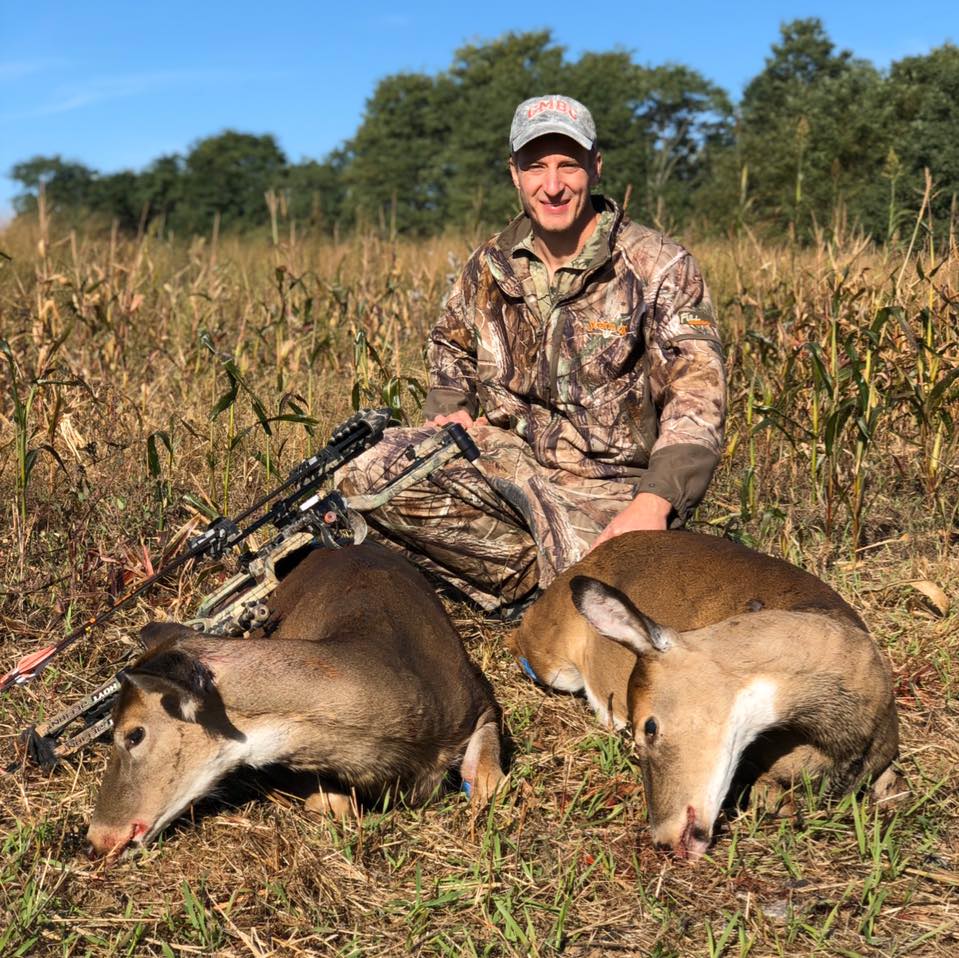Habitat Expo in Southeast Michigan

Photo provided by Ridge Bollheimer (SE Michigan QDMA Branch member, cooperative leader and owner of Ridge Hunter’s Ridge Food Plot Services).
Spring is a coveted time for hunters in Michigan. It’s a time to evaluate habitat, complete projects in the field and woods, observe wildlife, hunt and start anew. Although, as we know, there really is no offseason as an outdoor enthusiast. We are always working to improve ourselves as land stewards and what is available to wildlife on the landscape.
In 2020, the Michigan Wildlife Cooperatives Program is offering up to 10 events that will provide attendees with an in-field habitat experience as they tour actively managed forest stands, fields, grasslands and wetlands. These events will also provide access to some of the state’s most valued wildlife professionals.
Thank you to the partners for the habitat series : Michigan United Conservation Clubs , Michigan Department of Natural Resources , Quality Deer Management Association , Pheasants Forever , Farm Bill Biologists and the Michigan Quality Deer Habitat Facebook group.
Habitat Expo in SE Michigan
May 3, 2020

SE Branch and cooperative leader, Cory Franceus, will be hosting the Habitat Expo at his property on May 3, 2020.
The first event will be held in Grass Lake, Michigan on May 3, 2020 .
We ask that everyone pre-register for this event. Lunch will be provided by Southeast MI QDMA and Michigan United Conservation Clubs. Registration will be limited to 150 people and we anticipate reaching this number quickly. The link to register will be provided at the bottom of this page. If you would like to view this event on Facebook, please click HERE .
Featured Experts:
Morgan Warda-Jennings, Wildlife Cooperatives Coordinator – Morgan will discuss best in class practices for starting your own wildlife co-op.
John Komp, Owner of Northwoods Whitetails Food Plot See Co. – Food plot mixes, soil health, plot screen and planting times.
Kyle Perry, Owner of Dreamland Wildlife Properties – The benefits of a Wildlife Management Plan, no-till planting, crimper rollers, and creating your own wildlife paradise.
Jared Van Hees – Host of Habitat Podcast – Expert knowledge around habitat improvement practices and discuss the importance of a detailed plan when setting up or improving a property for deer hunting.
Agenda:
11:00 am -12:30 pm
- Lunch and expert Discussions (Provided courtesy of SE MI QDMA and MUCC)
12:30 pm – 3:00 pm
- Property Tour (led by Cory Franceus) with live demonstrations and discussions from experts (John Komp, Kyle Perry, and Jared Van Hees)
- Small controlled burn demonstration (weather permitting)
- No-till food plots and equipment, crimper rollers, soil health
- Food plot preparation, planting, and seed mixes
- Plot Screen best practices
- Switch Grass planting best practices
- Hinge Cutting Techniques and demonstration
- Property Set Up for Deer Hunting
- Habitat/Wildlife Plans for Federal Programs and more
Property Features: Cory Franceus’s 70-acre farm is entering its 3rd year of habitat renovations.
- 18-acre ag field conversion to early successional growth (year 2)
- 2019 TSI
- Utilization of switchgrass for screening and cover
- Hinge cuttings for screening, bedding, manipulating deer travel, and increasing browse
- Fruit tree plantings
- 5-acre tree/shrub planting (Spring 2020)
- Increasing depth of cover
REGISTER HERE
Please direct any questions to mjennings@mucc.org or 517-346-6454

The post Habitat Expo in Southeast Michigan appeared first on Michigan United Conservation Clubs.
Recent Posts



